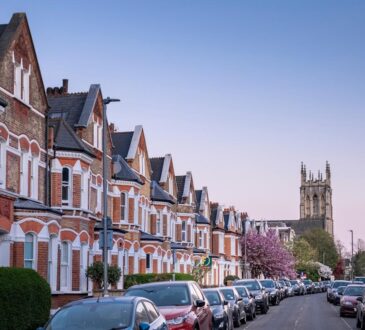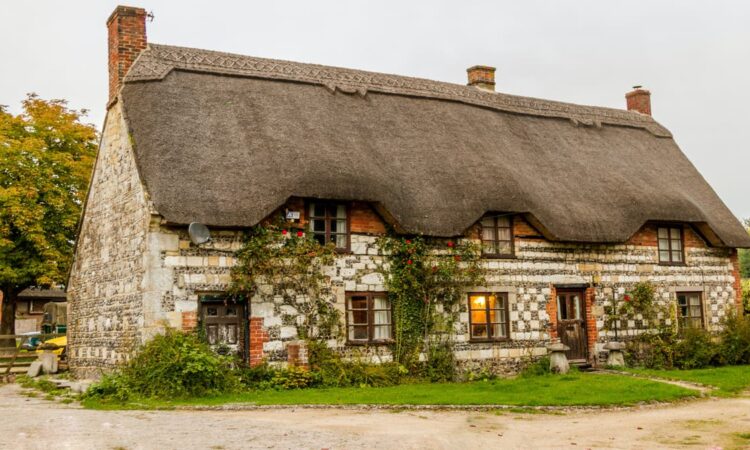
With more than five million estimated traditional properties throughout the UK, it can be difficult to know how to maximise your home’s interiors while drawing on its history.
Fully renovating a traditional or listed home is not always an easy option, due to building regulations and protected statuses.
The interiors experts at The Heritage Window Company have offered up their top advice for maximising the heritage aesthetic in your home.
Before starting work on your house, you first need to know what restrictions sit on your property, and what aesthetic you are working towards.
Listed buildings can be categorised in one of three grades, though residential homes fall into Grade II in the vast majority of cases. As well as listed building status, which is managed by Historic England and applies to an estimated 375,000 UK properties, your property may also be subject to location-specific building regulations administered by your local council, meaning that you may have additional local rules to be wary of. For example, building regulations on older properties are expected to seek approval and meet standards for adding a thermal element, adding extensions or installing a ‘controlled fitting’ such as a window.
Heritage aesthetics are often associated with bold styles that incorporate tradition into their interiors. Everything from considered use of art to grand entrance hallways can make your property feel more ‘heritage’ than its construction date.
According to the experts, a fully considered heritage aesthetic comes down to being consistent with your rooms’ interior design. Older pieces, rustic furniture, metal framed windows and bold use of colour throughout the property are a must.
So how exactly can you achieve a heritage interior? The Heritage Window Company has offered their advice below.
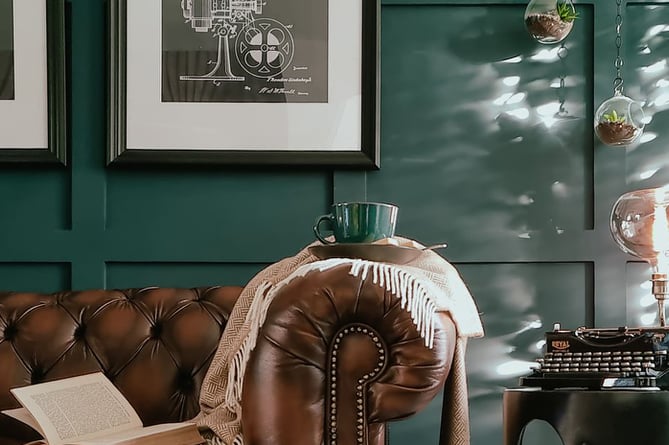
Block bold colours such as greens or deep reds can introduce character into a room. (Johnny Briggs on Unsplash)
Heritage properties use bold colours and patterns to give rooms their own distinct character. Block reds, blues and greens are a fantastic way of contrasting antique furniture and making your home feel more rustic.
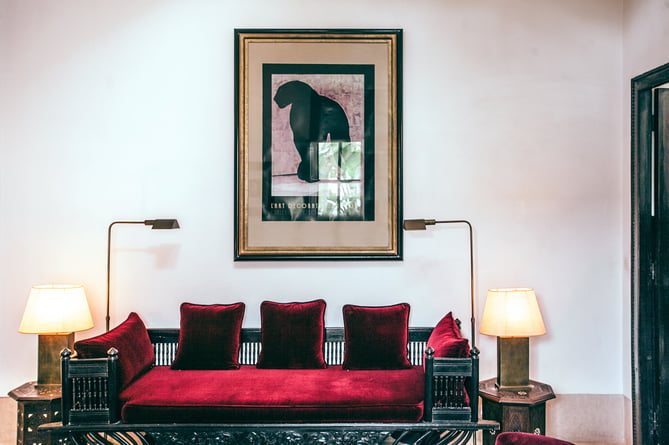
Hanging framed art can help enhance the historic feel of your home. (Maria Orlova on Pexels)
Dark frames, traditional art and dressed wall space play a large role in heritage aesthetics. Older artwork doesn’t have to be expensive, either. Charity shops and auctions can be hotspots for cheaper older pieces, especially with the opportunity to haggle the price down.
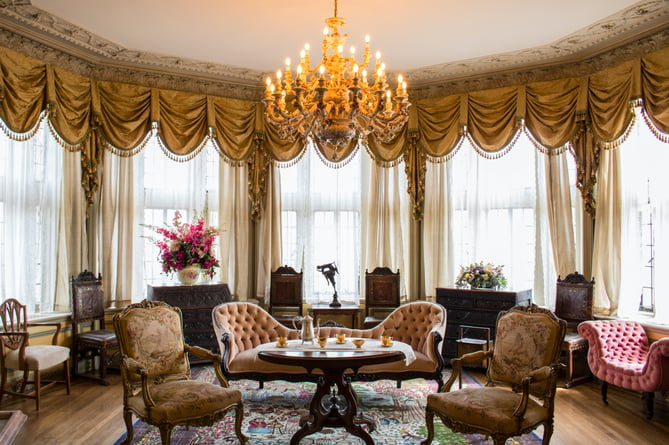
Antique furniture can complement your home’s interiors. (Francisco de Legaretta C on Unsplash)
Classical furniture, ornaments and display pieces make perfect additions to a home that wants to master the heritage aesthetic. They are also easier to find than you might assume, especially with the many antique fairs, auctions and shops across the UK. Keep an eye out for pieces that will sit nicely on dining room tables or cabinets, as well as larger pieces of furniture.
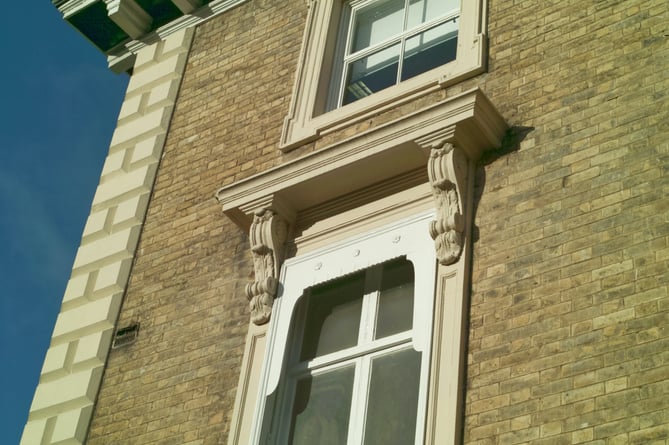
Sash windows can be a fitting addition to a heritage home. (Mark Hamilton on Unsplash)
Heritage windows are distinguishable by their shape and traditional metal frame glazing. As one of the first things you notice from the kerb, proper heritage windows are a must when trying to capture a historic aesthetic.
Fitting sash windows into your home is a great way of capturing the heritage aesthetic. Sash windows are often found in Georgian and Victorian homes, boasting large viewing angles and a traditional style. This window style can be elevated by opting for aluminium construction, allowing you to choose a black colour option. Mixing the modern meets heritage style in a way which is both tasteful and timeless.
Whichever you choose, it’s important to be sure your new windows meet UK regulations to ensure your home is properly insulated, energy efficient and up to regulation.


